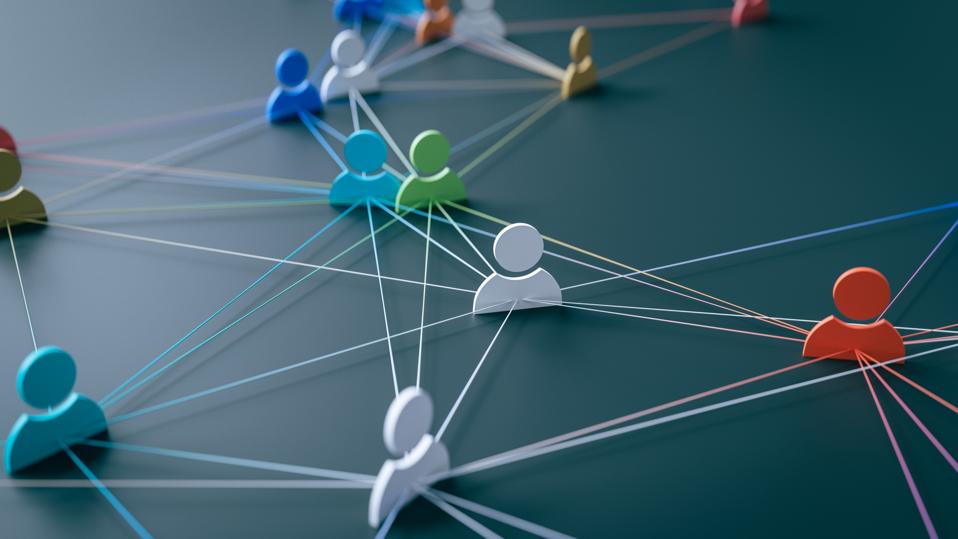On July 4th, the United States celebrates the spirit of independence, an ideal that has shaped not only nations but also our assumptions about leadership. Independence signals strength, self-sufficiency, and conviction. Yet in the biology of behavior, no organism thrives in isolation for long. Just as ecosystems depend on the dynamic interplay among species, effective leadership depends on a balance between independence and interdependence. When leaders over-index on autonomy and under-invest in connection, even their independence becomes fragile.
The Evolutionary Appeal of Independence
Humans are wired to protect autonomy. From an evolutionary perspective, self-reliance was adaptive because it allowed individuals to secure resources, defend territory, and reduce vulnerability. In modern workplaces, this drive often shows up as leaders proving their competence by trying to do everything themselves.
Research in evolutionary biology suggests that signaling independence can elevate perceived status and credibility. The same studies reveal that overemphasis on autonomy can also erode trust and weaken the collective strength that groups need to adapt in complex environments.
Interdependence Is in Our Nature
Our brains are built for connection. Social bonding is not a nice-to-have; it is a biological imperative. Oxytocin, sometimes called the “trust hormone,” facilitates cooperation and buffers stress. In primate groups, reciprocal grooming does more than maintain hygiene. It reinforces alliances that determine survival.
Neuroscientist Matthew Lieberman describes the human brain as a social organ, always attuned to belonging and shared purpose. Interdependence is not a compromise of independence. It is the context that sustains it.
Evidence from Harvard Business Review has shown that teams grounded in mutual reliance outperform those built on rigid individualism, especially in unpredictable conditions.
The Hidden Costs of Overvaluing Independence
Leaders who idolize independence often create cultures of hidden struggle and quiet disengagement. When people feel they must prove self-sufficiency, they hesitate to ask for help or share early ideas. Over time, this erodes psychological safety and constrains innovation.
Neuroscience demonstrates that social isolation elevates cortisol, the primary stress hormone. Elevated cortisol impairs decision-making and emotional regulation, especially under pressure. Teams that lack interdependence are more reactive, less resilient, and prone to burnout. Leaders who ignore this dynamic often find themselves working harder while their impact diminishes.
Balancing Independence and Interdependence Through Behavioral Signals
This is where the biology of behavior meets the art of leadership. In my work on Leadership Biodynamics, I help leaders become intentional about the signals they send. Warmth, competence, and gravitas are not fixed traits. They are perceivable behaviors that can be adjusted to match the moment.
When leaders demonstrate warmth by listening with intention, validating others, and creating shared purpose, they signal safety. Competence emerges through clear priorities and steady execution. Gravitas, which I define as the ability to bring people together to create shared value, stabilizes uncertainty without suppressing others’ autonomy.
These signals create cultures where independence and interdependence support each other. They also allow leaders to develop a repertoire of behaviors, refined over time, as I explored in an article on why repetition improves performance.
Cultivating Cultures of Adaptive Interdependence
Leaders who want to build adaptive interdependence can start with a few practical shifts.
First, model help-seeking. When leaders openly ask for input, they show that collaboration is a strength, not a weakness. Second, reward reciprocity. Recognize and celebrate those who support others and share credit generously. Third, design rituals that reinforce shared identity. Simple practices, such as reflecting together after a project or discussing lessons learned, strengthen the sense that progress is a collective effort.
Research on organizational behavior and collaboration shows that these micro-practices compound over time. They build cultures of trust, adaptability, and sustainable impact.
Why Interdependence Makes Independence Sustainable
Independence deserves celebration. It fuels conviction, courage, and creative risk-taking. Yet without interdependence, it withers under the weight of complexity. The most resilient leaders understand that our biology evolved for mutual reliance. They do not trade independence for interdependence. They integrate them, shaping environments where people feel safe enough to stand alone and strong enough to stand together.
In leadership, as in nature, connection is not a concession. It is the foundation of durable impact.

